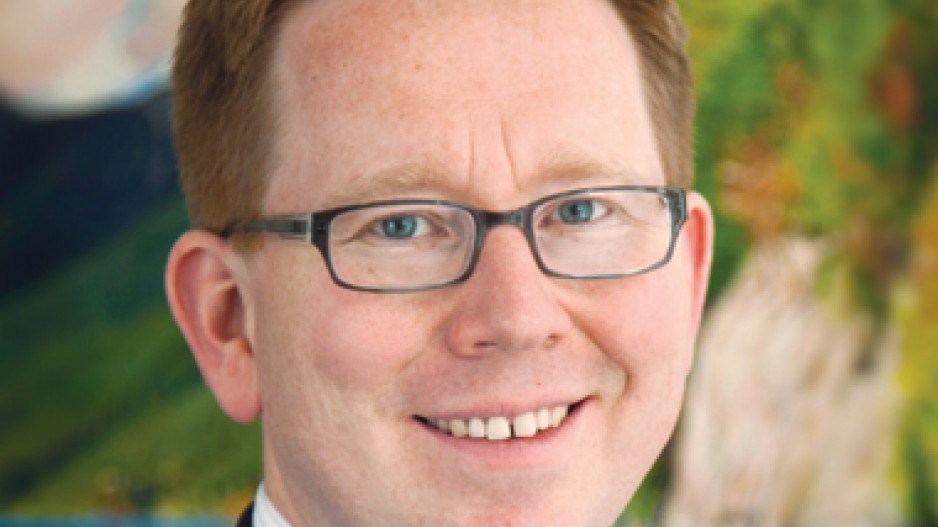Business in Vancouver's "How I Did It" feature asks business leaders to explain in their own words how they achieved a business goal in the face of significant entrepreneurial challenges. In this week's issue, Dave Barr, chief investment officer and portfolio manager for PenderFund Capital Management, talks about how, in the middle of the 2008-09 financial turmoil, he switched the company's direction from a venture capital investor to a mutual fund company.
"We were a venture capital firm and the venture market was really challenging coming out of 2000, and really hasn't recovered yet. So in early 2008, we were looking at other ways of adding to our business.
"We were investing in technology companies that were based in British Columbia. In the middle of 2008, we sold our largest position, and we were sitting on 50% cash in our fund. We were in a really good position, but the venture business had a whole bunch of challenges associated with it.
"I was at a point where I was getting ready to launch a small-cap hedge fund. As 2008 progressed, the whole financial world was just falling apart, and we started getting more and more excited about the opportunity. The decision was to launch a mutual fund business.
"People thought we were crazy. People don't start mutual fund companies in Canada because it's very expensive because of the regulations involved.
"We knew it was going to be challenging, but we knew, over the longer term, it was probably our best opportunity. When turmoil happens like that, that's when people start looking for other alternatives. In 2009, people's risk appetite was changing, and we thought it was going to change permanently. People were closer to retirement age – the main investing boomer generation. They were going to be much more focused on capital preservation.
"Historically, we were restricted to invest only in B.C.-based companies with under 100 employees, and we had to invest the money in the company, so we couldn't buy shares on the stock exchange. By launching the fund, it increased the universe of companies I could invest in and the way I could invest in them. Having the flexibility resulted in a dramatically different return experience for investors because we've been able to do more things.
"I'm not looking at companies which everybody is really excited about, like Tesla (Nasdaq:TSLA) today, for example. What I'm looking for is something where people don't like the company for whatever reason. I'm looking for things that are out of favour to provide me with the cheap price I can get.
"Coming out in 2009, when everybody had lost a lot of money – because people do historically chase returns and hot funds – having value-based funds which are focused on not losing money first and foremost, we really felt that was going to resonate with investors. It has. We're up to $300 million in assets under management in four years.
"My small cap fund has returned about 20% annualized since inception, and our corporate bond fund 8% since inception." •




